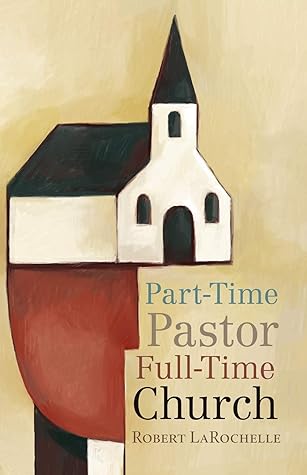Kindle Notes & Highlights
First and foremost must be the clear recognition that in any church of any size or model of pastoral leadership, certain realities have to exist: It is important that good preaching and worship occur. It is important that individuals, including shut-ins and hospitalized persons, receive good pastoral care. It is important that the pastor be available to members of his or her congregation for advice, counsel, direction, and overall leadership. It is important that the pastor be an important voice on those boards and committees within the church in which the pastor’s presence and participation
...more
As is probably obvious at this point, I hold the firm conviction that bivocational ministry is doable and that well-done, part-time ministry will not detract from and may in fact contribute toward the work of ministry in what is always a full-time church!
Well, I am here to argue that in this twenty-first century things have changed radically, and I am also convinced that there really is no turning back. It has been clear for several years that there just are not as many church people around during the day to visit the pastor as there used to be. For
What is the relationship between the full-time work of the local church and the actual job description of its pastor? This is the point where questions build upon questions: If the church sees certain needs in the community as essential, does it necessarily follow that the pastor is the only one who can provide for those needs? In raising expectations for the pastor’s ministerial obligations, have we unwittingly abdicated our theological heritage and actually downplayed or perhaps even buried our commitment to the priesthood of all believers?


